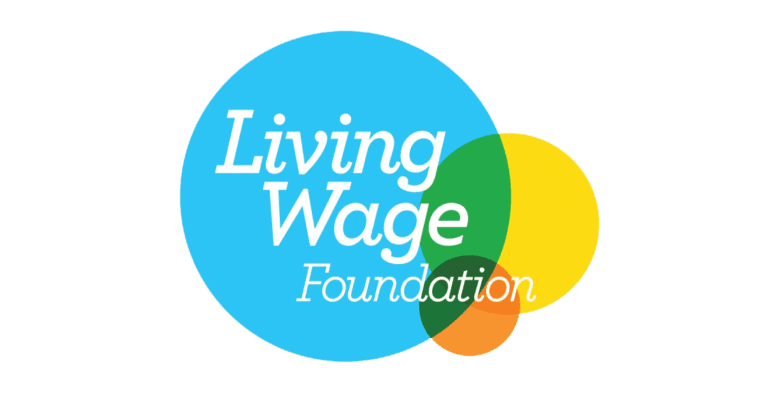This is an article about perspective, resilience, sensitivity, and purpose.
A few months ago, when I posted some thoughts on our approach to the pandemic, coronavirus had claimed 68,169 lives worldwide with more than 1.25 million confirmed cases. Boris Johnson had proclaimed that “families will lose loved ones before their time”. That statement became ever truer and, as we all now know, almost prophetic for the Prime Minister. The infected numbers are now relatively mind-blowing – 843,158 people have lost their lives from 25,029,408 confirmed cases (Source: ECDC, 30 August 2020).
Earlier in August, we took a short Summer holiday on the Isle of Mull, in the Inner Hebrides. With zero wifi (an oversight rather than deliberate strategy – we were trying to launch our new law firm www.londonlawcollective.com at the time), I used the opportunity to think of a roadmap for the remainder of 2020 and beyond. And I initially struggled.
Front and centre was the raw, rugged power of multi-faceted nature and it was clear that she was in charge. As metallic coloured waves smashed against the ancient rocks, next to abundant local flora and fauna, it was evident that nature was equally comfortable demonstrating unspoiled beauty as it was being uncompromisingly destructive. Thinking back to the regular world, and assuming we don’t subscribe to Trumpian paranoia, nature also took us from capacity crowds at Anfield and Cheltenham in February, to London in May bearing a close resemblance to the desolate, post apocalyptic Westminster Bridge scene in 28 Days Later.
So where do we go from here – will things ever be the same again and do we want them to be anyway? It will not be easy. India has just recorded the highest global single day rise in Covid-19 cases and as Britain tentatively reopens, infections are creeping upwards as the furlough scheme will shortly close and we brace ourselves for negative economic news.
But let’s take a handbrake turn away from an article of negativity that would be easier to write. The Coronavirus pandemic has given us all more perspective and I have seen a positive change in behaviour from many –me included.
Can we make it last? This is where perspective, resilience, sensitivity, and purpose come in. It seems that keeping these (positive) attributes in mind could be fundamental to giving us the best chance of our future being both happy and successful.
Perspective
Doris Kearns Goodwin, the Pulitzer Prize winning American historian identified one leadership trait that the most respected and successful American Presidents (sorry Donald – you’re not one of them) shared to the exception of others. She comments that “the most underappreciated leadership strength is the ability to relax and replenish energies” (Abraham Lincoln used to relax as a storyteller and Teddy Roosevelt used to enjoy hikes with friends and colleagues around Rock Creek Park in Washington D.C). This gave them valuable thinking time and it gave them perspective.
Resilience
Possibly now more than ever, there is a temptation to rush back in and make up for lost time and lost revenues.
The (perhaps) paradoxical truth is it is at times like these when we are conditioned towards “every man for himself” behaviours (with our world leaders not providing much by way of evidence to the contrary) that we need to take a considered step back – and the strong evidence is that doing so is key to commercial success as well as happiness.
A Harvard Business Review study observed “We often take a militaristic, “tough” approach to resilience and grit. We believe that the longer we tough it out, the tougher we are, and therefore the more successful we will be”. The study then concludes that “This entire conception is scientifically inaccurate”. (About How You Recharge, Not How You Endure by Shawn Achor and Michelle Gielan, HBR June 24, 2016)
In fact, a decade old study shows that the extra hours Americans spend at work, add up to 11 days of lost productivity per year per worker. This equates to a mammoth $63.2 billion a year in lost productivity (American Academy of Sleep Medicine, September 2, 2011).
If you really want to build resilience and success, the HBR study continues, you can start by “strategically stopping” (that is to say giving yourself the resources to be effective by creating internal and external recovery periods).
Holidays? Taking all your allotted holiday not only gives you recovery periods, but raises your productivity and likelihood of promotion. (Are the People Who Take Vacations the Ones Who Get Promoted? by Shawn Achor; HBR June 12, 2015).
So being successful and happy is causally linked to taking time to pause, reflect, and recharge.
Sensitivity
Throughout the pandemic, many have tried to build bonds with their local communities – ensuring, for example, that your occasional ‘good morning’ to the person on your road becomes a regular part of your day. I have also seen admirable examples of good corporate behaviour – rival businesses collaborating wherever possible, through to (where absolutely necessary), layoffs being a considered, not knee jerk process, with every network available being used to try to find new roles for ex-employees.
Is there any reason why we cannot (or should not) continue this? From a management perspective studies confirm that the only people who become great managers (defined by commercial success; and low staff absence and turnover) “are the ones who understand in their guts that managing is not merely a series of mechanical tasks but a set of human interactions” (The Human Side of Management, Thomas Teal, HBR, November 1996). Once again, good human behaviour is strongly linked to long term positive commercial outcomes.
Purpose
A proposition: It’s by taking the time and creating the space to think about others and being prepared to show sensitivity that we find ourselves, find our purpose and achieve success.
If you’re understandably feeling coy about throwing yourself into that, take a look at the behaviours of those who know.
Jacinda Ardern started discovering her purpose through the inequality she observed when growing up in rural New Zealand. That she has sensitivity has never been in doubt (she points out out that a common criticism she faces is that “because I’m empathetic, it means I’m weak”, whereas she advocates the benefits of being “compassionate and strong”).
However, I don’t think anyone could sensibly argue that Jacinda does not also have perspective, resilience, and purpose (giving birth to her first child whilst in office as Prime Minister; decisively responding to the tragic Christchurch mosque shootings in 2019 to strengthen bonds between religious communities; and nonchalantly shrugging off a sizeable earthquake to continue a TV interview earlier this year (the latter is amusing stuff if you haven’t yet seen it https://www.bbc.co.uk/news/av/world-asia-52794434)).
More recently and (now sadly very poignantly), Chadwick Boseman had risen to become one of the most talented and respected actors of his generation. Growing up in South Carolina, he saw a teammate on his college basketball team shot and killed, was himself abused for his colour and driven off the road as a teenager by racists. Clearly, he could have taken a number of paths but in his various obituaries those who knew him remember him (beyond any of his more obviously bankable talents) for his kindness, empathy and sensitivity. When asked about his chosen profession he simply said “When done right, it gives people hope”.
We may not share the talents or profile of Ardern and Boseman, but this is a time when those of us who can must hold our nerve and reach out positively to support those who cannot. Studies overwhelmingly confirm that taking time to recharge and reflect; to care for your staff; and to focus on human relationships in general will help you both find your purpose and find success.
So, for us, it’s time to make some public pledges for our intended principles of behaviour in our new law firm, and you will find these here https://londonlawcollective.com/law-firm-david-farquharson/. They are a public reminder of our commitments so that if we fail to meet them – a likely outcome, at least initially (!) – we can at least continue to positively move towards doing so.






